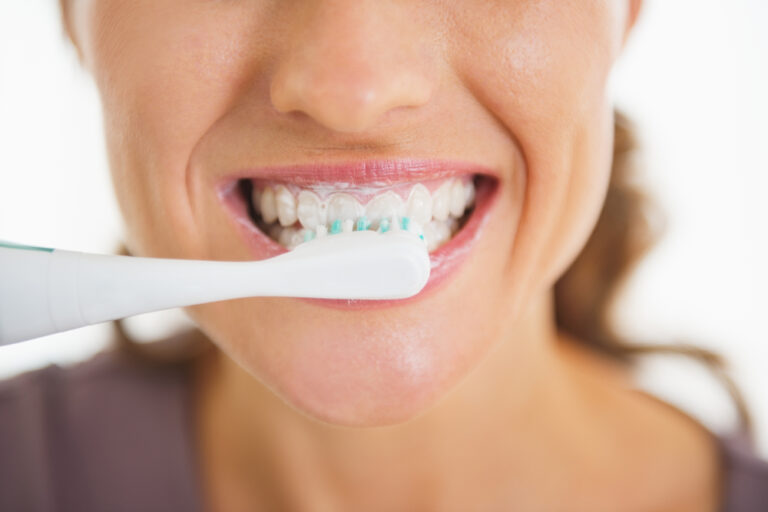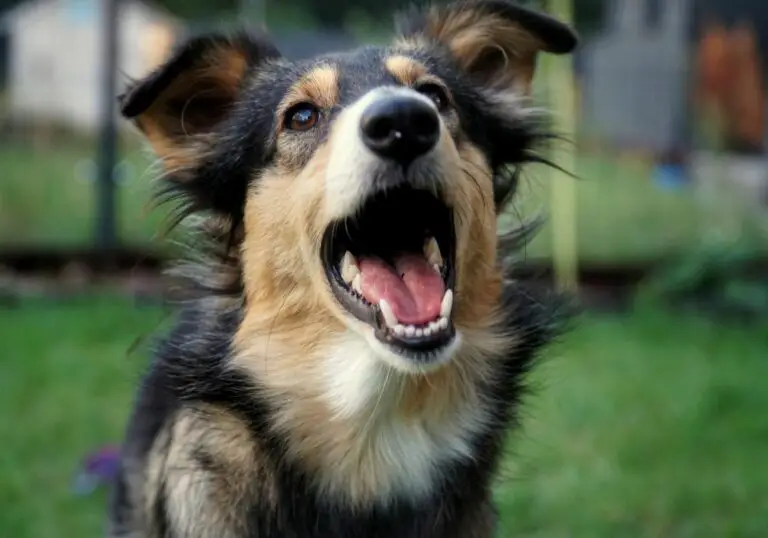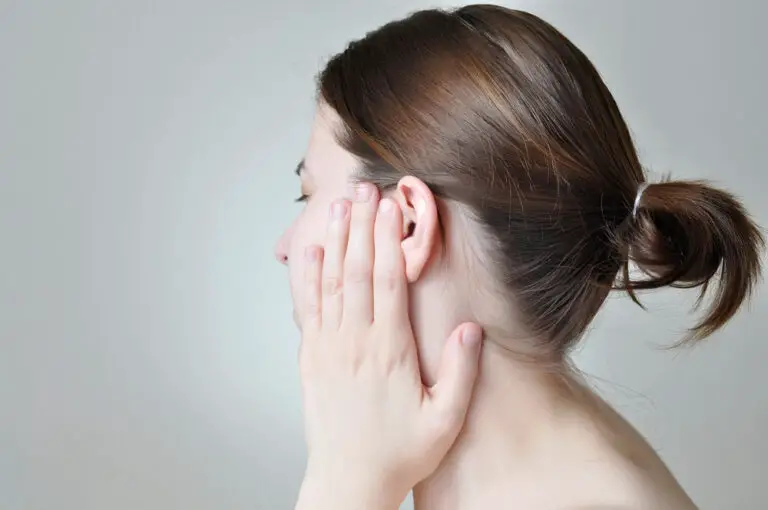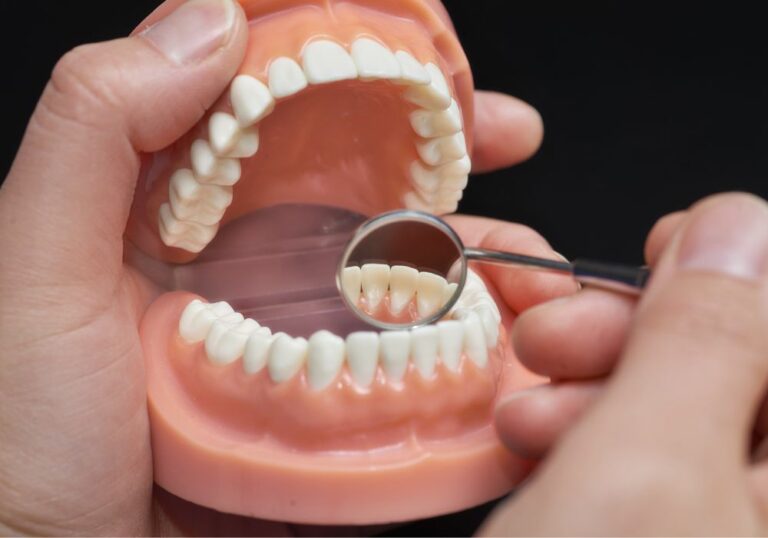Do dogs teeth get sharper? This is a common question among dog owners, especially those who have experienced their furry friend’s sharp teeth during playtime. While it may seem like their teeth are getting sharper, the truth is that their teeth are actually becoming stronger.
As puppies grow, their baby teeth fall out and are replaced by adult teeth. These adult teeth are stronger and more durable than their baby teeth, which may give the impression that their teeth are getting sharper. Additionally, dogs have a natural instinct to chew, which helps to keep their teeth strong and healthy.
It’s important to note that while dogs’ teeth are becoming stronger, they do not become sharper over time. In fact, if a dog’s teeth are becoming excessively sharp, it may be a sign of dental issues such as misalignment or improper wear. Regular dental check-ups and proper dental care can help ensure that your dog’s teeth remain healthy and strong.
Understanding Dog Teeth
As a dog owner, it’s important to understand your furry friend’s teeth. Dogs have a total of 42 adult teeth, which include incisors, canines, premolars, and molars. These teeth serve different purposes in a dog’s mouth, from tearing and crushing food to defending themselves.
Incisors
Incisors are the small, flat teeth at the front of a dog’s mouth. These teeth are primarily used for gnawing and grooming. Dogs use their incisors to scrape meat off bones and to groom themselves.
Canines
Canines are the long, pointed teeth located on either side of the incisors. These teeth are used for tearing and holding prey. Canines are also used for self-defense and are the most important teeth in a dog’s mouth for this purpose.
Premolars
Premolars are the teeth located behind the canines. These teeth are used for crushing and grinding food. Dogs have four premolars on each side of their upper jaw and three on each side of their lower jaw.
Molars
Molars are the largest teeth in a dog’s mouth, located at the back of the jaw. These teeth are used for grinding and crushing food. Dogs have two molars on each side of their upper jaw and three on each side of their lower jaw.
It’s important to note that dogs have two sets of teeth in their lifetime: puppy teeth and adult teeth. Puppies have 28 deciduous teeth that they shed to make way for their 42 adult teeth. It’s also important to regularly check your dog’s teeth for any signs of dental problems, such as tartar buildup, bad breath, or swollen gums.
Dog Teeth Sharpness Over Time
As a dog owner, you may have noticed how sharp your puppy’s teeth can be. But do dog teeth get sharper over time? Let’s take a closer look at how dog teeth develop and change as they age.
Puppy Teeth
Puppies are born without teeth, but their baby teeth, also known as deciduous teeth, start to come in around 2-4 weeks of age. These teeth are smaller and less durable than adult teeth, but they are still quite sharp. This is because puppies need sharp teeth to help them chew and break down their mother’s milk and later on, solid food.
Adult Teeth
Around 4-6 months of age, puppies start to lose their baby teeth and their adult teeth start to come in. Adult teeth are larger, stronger, and more durable than baby teeth. The sharpness of the teeth may vary depending on the breed and individual dog, but in general, adult dog teeth are less sharp than puppy teeth.
Maintaining Tooth Sharpness
While adult dog teeth may be less sharp than puppy teeth, they can still cause injury if not properly maintained. Regular dental care, including brushing and professional cleanings, can help keep your dog’s teeth healthy and prevent them from becoming too sharp or causing damage to your dog’s mouth or other objects.
In conclusion, while puppy teeth are quite sharp, adult dog teeth are generally less sharp. However, it is still important to maintain good dental hygiene to prevent injury and keep your dog’s teeth healthy.
Factors Influencing Dog Teeth Sharpness
If you’re wondering if your dog’s teeth are getting sharper, there are several factors that can influence their sharpness. Here are two main factors to consider:
Diet and Chewing Habits
Your dog’s diet and chewing habits can have a significant impact on their teeth’s sharpness. Dogs that consume a soft diet and don’t chew on hard objects regularly may have blunter teeth. In contrast, dogs that consume a hard diet and chew on hard objects regularly may have sharper teeth.
Chewing on hard objects like bones, antlers, or chew toys can help keep your dog’s teeth sharp. These objects can also help remove plaque and tartar buildup, which can cause dental problems like gum disease and tooth decay.
However, it’s important to note that not all hard objects are safe for dogs to chew on. Some objects like rocks, sticks, and hard plastic toys can damage your dog’s teeth and cause other health issues.
Age and Breed
Another factor that can influence your dog’s teeth sharpness is their age and breed. Puppies’ teeth are usually sharper than adult dogs’ teeth because they’re still growing and developing. As dogs age, their teeth may become blunter due to wear and tear.
Certain breeds like Greyhounds, Salukis, and Afghan Hounds are known for having sharper teeth than other breeds. This is because these breeds were historically bred for hunting and needed sharp teeth to catch and kill prey.
In contrast, breeds like Bulldogs, Pugs, and Shih Tzus have flatter teeth because they were bred for companion purposes and didn’t need sharp teeth for hunting.
Overall, several factors can influence your dog’s teeth sharpness, including their diet, chewing habits, age, and breed. By providing your dog with a healthy diet and safe objects to chew on, you can help maintain their teeth’s sharpness and overall dental health.
Implications of Sharp Teeth
Behavioral Changes
Dogs with sharp teeth may exhibit more aggressive behavior than those with dull teeth. This is because sharp teeth can be used as weapons to defend themselves or to attack prey. If your dog’s teeth are sharp, you may notice that they are more likely to growl, snap or bite when they feel threatened or scared.
On the other hand, some dogs with sharp teeth may be more confident and assertive. They may use their teeth to establish dominance over other dogs or to protect their territory. This behavior is more common in breeds that were originally bred for hunting or guarding.
Potential Risks and Problems
While sharp teeth can be beneficial for dogs in some situations, they can also pose risks and problems. One potential issue is that sharp teeth can cause injury to other animals or humans. If your dog bites someone, they may be liable for damages or legal action.
Sharp teeth can also cause dental problems for dogs. If the teeth are too sharp, they may wear down unevenly or become chipped or cracked. This can lead to pain, infection or other complications. In severe cases, your dog may need to have the affected teeth extracted.
Another risk of sharp teeth is that they may get stuck in objects such as toys or bones. This can cause discomfort or injury to your dog and may require veterinary attention.
In conclusion, while sharp teeth can be attractive and beneficial for some dogs, they can also pose risks and problems. It is important to monitor your dog’s behavior and dental health and to take appropriate action if necessary.
Maintaining Dog Teeth Health
Taking care of your dog’s teeth is essential to ensure their overall health and well-being. Here are some tips to help you maintain your dog’s teeth health:
Regular Check-ups
It’s important to take your dog to the vet for regular check-ups to ensure that their teeth are healthy. During these check-ups, the vet will examine your dog’s teeth and gums, and if necessary, recommend a dental cleaning or other treatment.
Proper Nutrition
Proper nutrition is crucial for maintaining your dog’s teeth health. Feeding your dog a balanced diet that includes all the necessary vitamins and minerals can help keep their teeth healthy and strong. Avoid feeding your dog sugary or starchy treats, as these can contribute to tooth decay.
Dental Hygiene Practices
Dental hygiene practices are crucial for maintaining your dog’s teeth health. Here are some tips to help you keep your dog’s teeth clean:
- Brush your dog’s teeth regularly with a dog-specific toothbrush and toothpaste. Start by introducing your dog to the toothbrush and toothpaste gradually, and make sure to reward them for good behavior.
- Provide your dog with dental chews or toys that help clean their teeth and massage their gums.
- Avoid giving your dog hard objects to chew on, as these can cause tooth fractures or other dental problems.
- If your dog has bad breath or other signs of dental problems, take them to the vet for an examination and treatment.
By following these tips, you can help ensure that your dog’s teeth stay healthy and strong.
Frequently Asked Questions
How long do puppies’ teeth stay sharp?
Puppies’ teeth stay sharp for about 3-4 months. During this time, puppies are teething, and their baby teeth are falling out to make way for their adult teeth. As a result, puppies may have a tendency to nip and chew on things, including your hands and feet.
When do puppies lose their baby teeth?
Puppies typically lose their baby teeth between 12 and 16 weeks of age. During this time, their adult teeth begin to grow in, and their baby teeth fall out. It is important to monitor your puppy’s teeth during this time to ensure that their adult teeth are growing in properly.
Do certain dog breeds have sharper teeth?
While all dogs have sharp teeth, certain breeds may have teeth that are sharper than others. For example, breeds that were originally bred for hunting, such as terriers and hounds, may have sharper teeth than other breeds.
Can dog teeth be filed down to be less sharp?
It is possible to file down a dog’s teeth to make them less sharp, but this should only be done by a veterinarian. Filing down a dog’s teeth can be a painful and potentially dangerous procedure if not done correctly.
Why do puppies have sharp claws?
Puppies have sharp claws to help them navigate their environment and protect themselves from potential predators. As puppies grow and become more socialized, they will learn to control their claws and use them appropriately.
Do puppies swallow their baby teeth?
Yes, puppies may accidentally swallow their baby teeth while they are falling out. This is not a cause for concern, as the teeth are small and will pass through their digestive system without issue.







